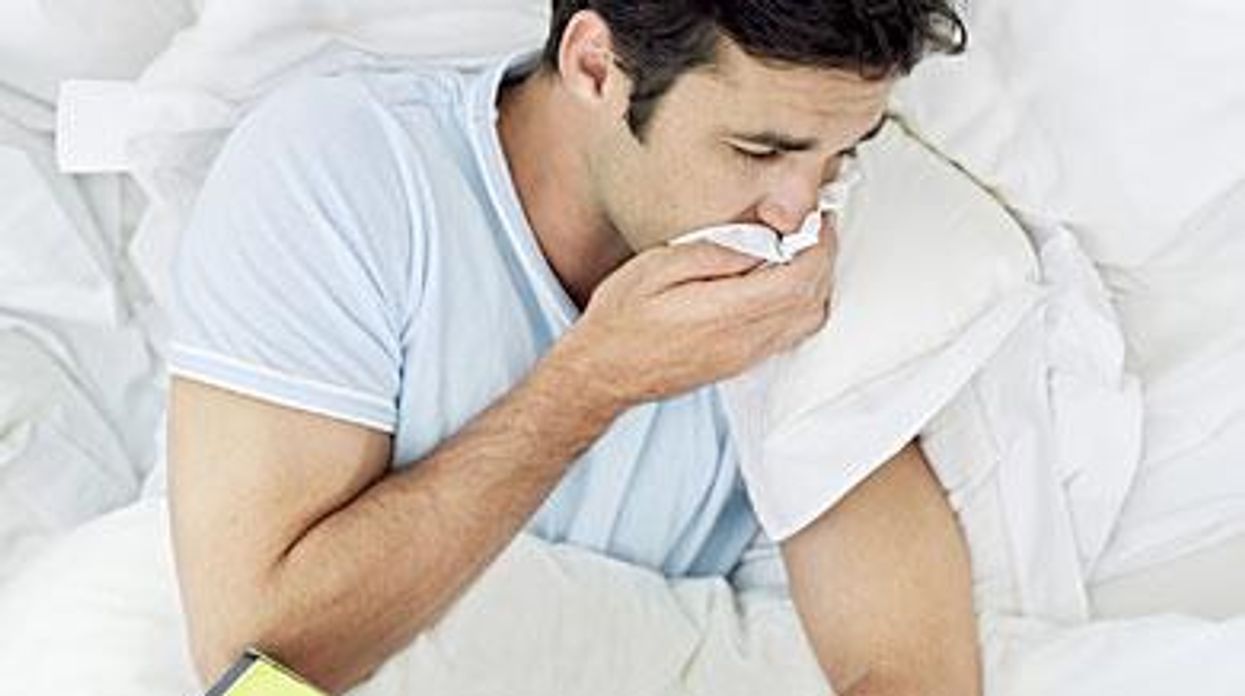
August 09 2011 9:00 AM EST
By continuing to use our site, you agree to our Privacy Policy and Terms of Use.

A new study shows that people who sleep less than seven hours per night are three times more likely than those who sleep at least eight hours to catch a common cold after being exposed to a cold-causing virus.
Researchers say it's been commonly thought that poor sleep increases your chances of coming down with the common cold, but until now there has been little scientific evidence to support that notion.
In the study, published in the Archives of Internal Medicine, researchers studied 153 healthy men and women. Each of the participants kept track of their sleeping habits for 14 days, noting how long and how well they slept the previous night as well as whether they felt rested.
After 14 days the participants were quarantined, given nasal drops containing a cold-causing virus (rhinovirus), and monitored for five days for signs of a common cold.
The results showed that those who slept an average of less than seven hours per night were nearly three times more likely to develop a common cold than those who reported eight or more hours per night in the weeks leading up to the experiment.
But it wasn't just about how much time they were spending in bed. Researcher Sheldon Cohen, Ph.D., of Carnegie Mellon University, and colleagues found the percentage of time spent actually asleep was especially important.
For example, those who spent 92% of their time in bed asleep were five and a half times more likely to develop a common cold than those who spent 98% or more of their time in bed sleeping.
Feeling rested, however, was not associated with getting a cold.
Researchers write that "these results strongly suggest the possibility of sleep playing a causal role in cold susceptibility."
[This report reprinted with permission of WebMd Medical News | January 12, 2009 | By Jennifer Warner | Reviewed by Louise Chang, MD]
Charlie Kirk DID say stoning gay people was the 'perfect law' — and these other heinous quotes